Freetown, Massachusetts, is steeped in history that spans centuries, from its colonial origins to its vibrant present-day community.
Situated in Bristol County, Freetown has played a significant role in shaping southeastern Massachusetts’s cultural, economic, and social landscape.
With a rich heritage that includes colonial settlement, industrialization, and contributions to the American Revolution, Freetown is a town with a story to tell.
Its diverse population, agricultural roots, and natural beauty make it a unique and dynamic place to live and visit.
By delving into the history of Freetown, we gain insight into the experiences of its residents, the events that have shaped its development, and the enduring spirit of its community.
What County Is East Freetown, Massachusetts, In?
East Freetown, Massachusetts, is located in Bristol County. This county, situated in the state’s southeastern part, encompasses a diverse range of communities and landscapes, including urban centers, suburban neighborhoods, and rural areas.
East Freetown, a village within Freetown, lies within this county’s borders, offering residents and visitors access to the natural beauty of nearby lakes, forests, and conservation areas.
Bristol County is known for its rich history, vibrant cultural scene, and strong sense of community, making it a desirable place to live, work, and explore.
With its convenient location near major highways and amenities, East Freetown provides a tranquil retreat while still being within reach of southeastern Massachusetts’s bustling cities and attractions.
Freetown Massachusetts History
Freetown, Massachusetts, boasts a rich and diverse history that dates back centuries. From its colonial origins to its role in the American Revolution, Freetown has played a significant role in shaping the heritage of southeastern Massachusetts.
Here are five pieces of historical evidence that illuminate the captivating history of Freetown:
Colonial Settlement
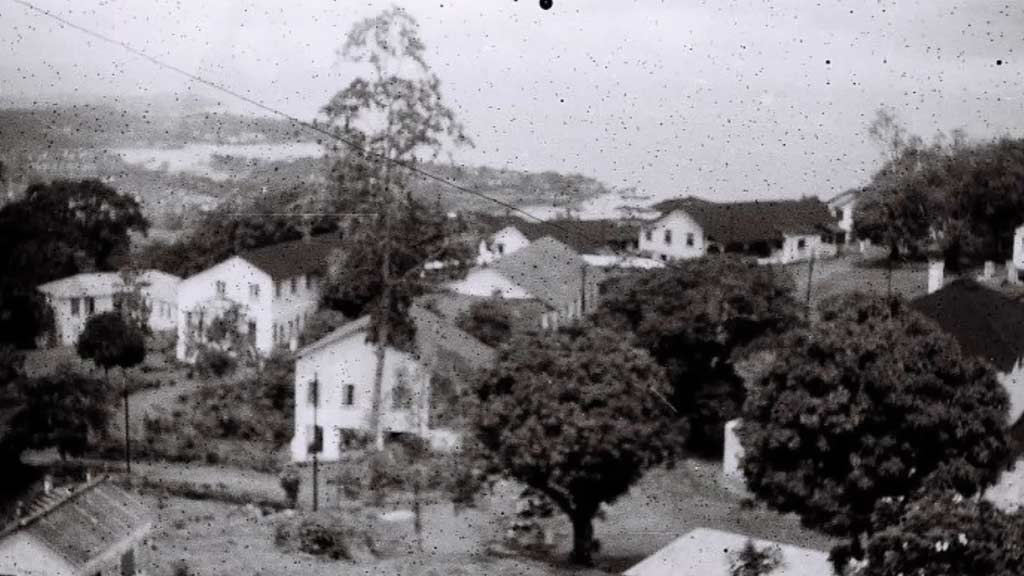
Freetown was initially settled by English colonists in the late 17th century, who were drawn to the area’s fertile land and abundant natural resources.
The town’s early settlers established farms, mills, and small communities, laying the groundwork for Freetown’s agricultural and industrial economy.
King Philip’s War
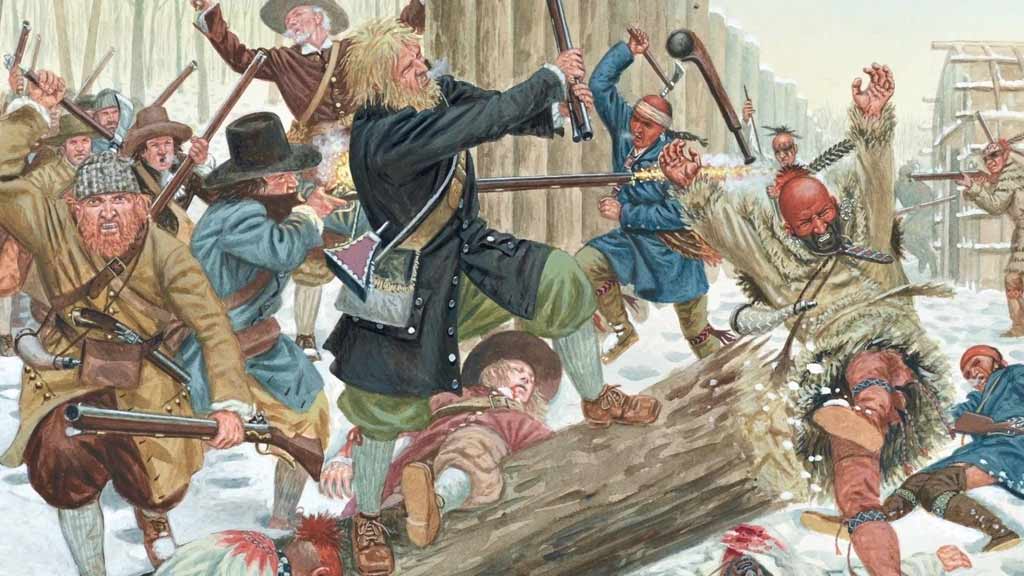
Freetown was deeply affected by King Philip’s War, a conflict between Native American tribes and English settlers in the late 17th century.
The town was attacked and partially destroyed during the war, leaving scars that would shape its development for years to come.
Revolutionary War Contributions
During the American Revolution, Freetown played a significant role in the fight for independence. The town raised militia units and contributed soldiers to the Continental Army, participating in critical battles and campaigns that helped secure America’s freedom from British rule.
Industrialization
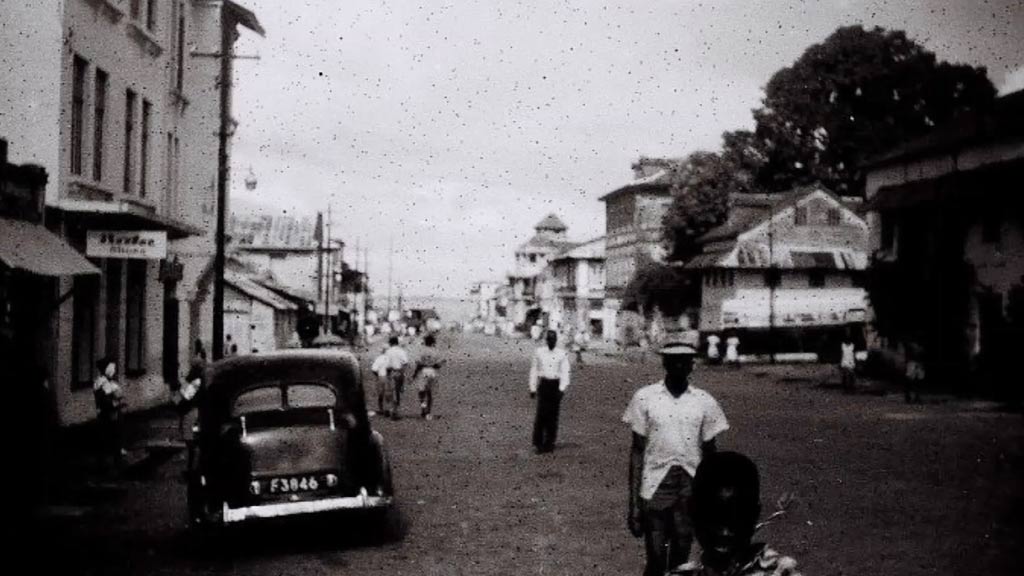
In the 19th century, Freetown experienced a period of industrialization with the establishment of textile mills, sawmills, and other manufacturing enterprises. The town’s rivers and streams provided power for these industries, fueling economic growth and prosperity.
Abolitionist Movement
Freetown was a hotbed of abolitionist activity in the 19th century, with many residents actively involved in the fight against slavery. The town was a stop on the Underground Railroad, providing refuge and assistance to escaped slaves seeking freedom in the North.
Freetown’s role in the abolitionist movement reflects its longstanding commitment to social justice and equality.
Quaker Settlement
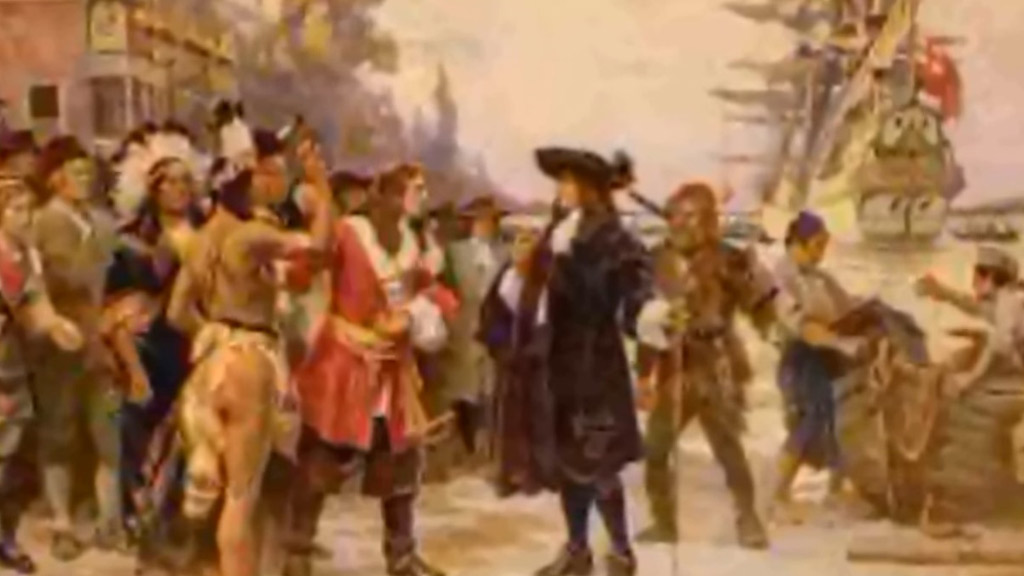
Freetown was home to a significant Quaker community in the 18th and 19th centuries. Quakers played a pivotal role in the town’s development, advocating for peace, social justice, and equality.
Their influence can be seen in establishing schools, meetinghouses, and other communal institutions promoting education and community welfare.
Cranberry Cultivation
Freetown became known for its cranberry cultivation in the 19th century, as farmers recognized the region’s favorable climate and soil conditions for growing the tart fruit.
The cranberry industry thrived in Freetown, contributing to the town’s economic prosperity and cultural identity. Cranberry bogs remain a distinctive feature of the local landscape, symbolizing Freetown’s agricultural heritage.
Incorporation of Assonet
Assonet, a village within Freetown, was officially incorporated as a separate entity in 1711. Its early history is closely intertwined with Freetown’s, with communities sharing common institutions and resources.
Assonet’s incorporation marked a significant milestone in its development as a distinct settlement within the town.
Native American Heritage
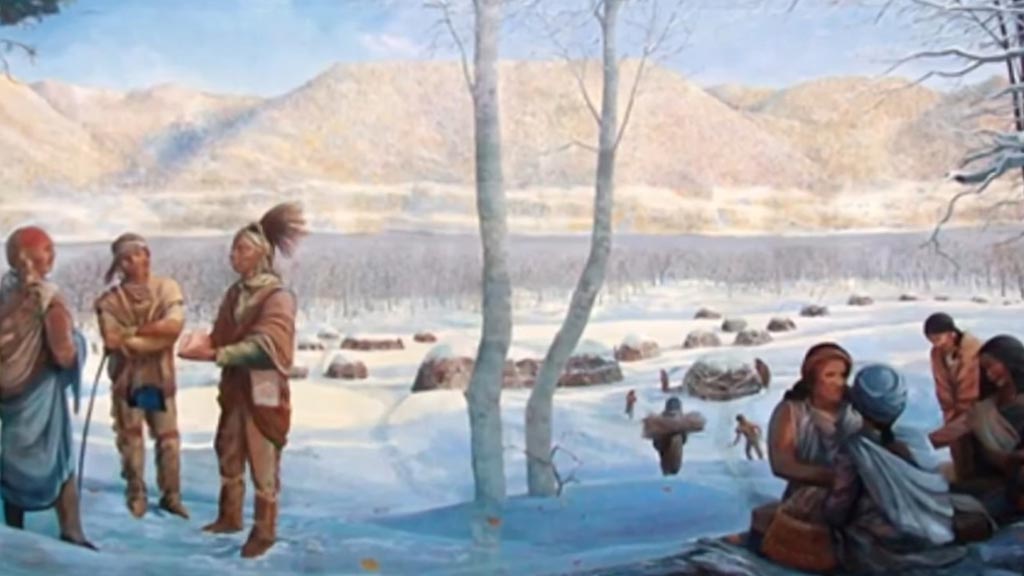
Freetown is situated on traditional Wampanoag territory and has a rich Native American heritage. The Wampanoag people have inhabited the region for thousands of years, maintaining a deep connection to the land and its resources.
Today, Freetown honors its Native American heritage through cultural preservation efforts and partnerships with local indigenous communities.
Modernization and Suburbanization
In the 20th century, Freetown experienced modernization and suburbanization as infrastructure improvements and the expansion of transportation networks facilitated population growth and development.
The construction of highways and residential neighborhoods transformed the town’s landscape, shaping its identity as a suburban community while preserving its rural character and historic charm.
War of 1812
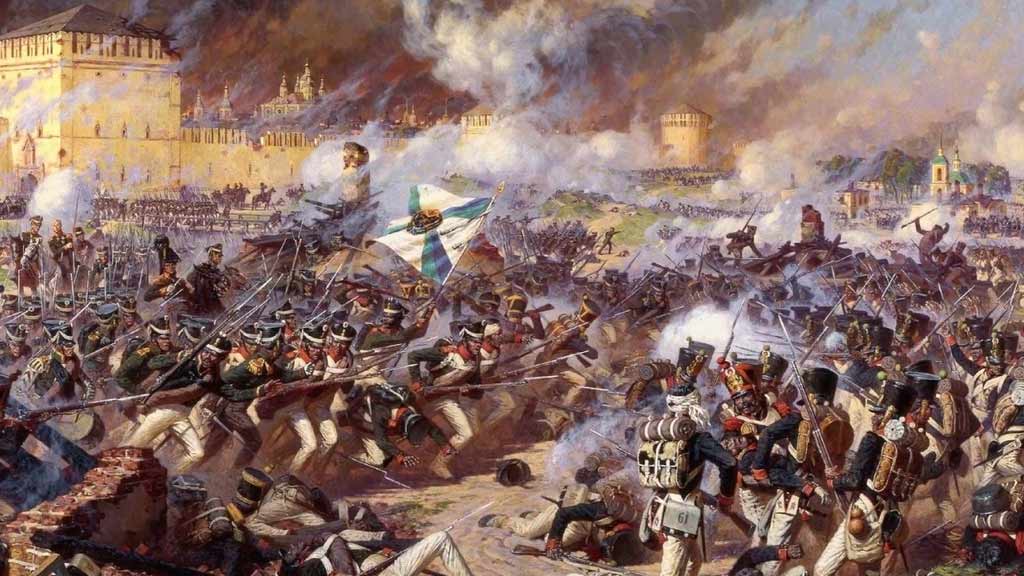
Like many other towns in Massachusetts, Freetown felt the impacts of the War of 1812. Despite being far removed from the front lines, the conflict disrupted trade and commerce, affecting the town’s economy and livelihoods.
Freetown residents supported the war effort through patriotic fervor and contributions to defending nearby coastal areas.
Religious Diversity
Throughout its history, Freetown has been home to various religious denominations, including Congregationalists, Baptists, Methodists, and Catholics. The town’s religious institutions played a central role in community life, providing spiritual guidance, social support, and fellowship opportunities.
Today, Freetown’s churches and synagogues continue to serve as pillars of the community.
Whaling Connections
Although located inland, Freetown had connections to the maritime industry through its residents’ involvement in whaling. Many Freetown men worked aboard whaling ships, voyaging to distant oceans in pursuit of whales and the valuable resources they provided.
The whaling industry brought wealth and prosperity to some Freetown families and contributed to the town’s maritime heritage.
20th-Century Conservation Efforts
In the 20th century, Freetown residents began recognizing the importance of preserving the town’s natural beauty and environmental resources. Efforts were made to protect forests, wetlands, and wildlife habitats through conservation initiatives and land preservation programs.
These efforts continue today, ensuring that Freetown’s natural landscapes remain intact for future generations.
Cultural Heritage Festivals
Freetown celebrates its rich cultural heritage through annual festivals and events that showcase its history, traditions, and community spirit.
Festivals such as the Freetown Founder’s Day and Cranberry Harvest Festival unite residents for music, food, and activities, highlighting the town’s unique identity and contributions to Massachusetts’ cultural tapestry.
FAQs
How did Freetown contribute to the American Revolution?
During the American Revolution, Freetown residents supported the patriot cause by raising militia units, supplying troops, and participating in critical battles and campaigns. The town’s contributions helped secure America’s independence from British rule.
What industries thrived in historical Freetown?
In its early years, Freetown was characterized by its agricultural economy, with farms, mills, and orchards dotting the landscape. Later, the town experienced industrialization, with the establishment of textile mills, sawmills, and cranberry cultivation contributing to its economic growth.
Was Freetown involved in abolitionist activities?
Yes, Freetown was a center of abolitionist activity in the 19th century, with many residents actively involved in the fight against slavery. The town was a stop on the Underground Railroad, providing refuge and assistance to escaped slaves seeking freedom in the North.
What cultural heritage festivals are celebrated in Freetown?
Freetown celebrates its rich cultural heritage through annual festivals and events such as Freetown Founder’s Day and the Cranberry Harvest Festival. These festivals showcase the town’s history, traditions, and community spirit, bringing residents together for music, food, and activities.
How does Freetown preserve its historical landmarks?
Freetown preserves its historical landmarks through initiatives such as historical societies, preservation organizations, and educational programs. Efforts are made to protect and maintain colonial-era buildings, sites of Revolutionary War significance, and cultural institutions that showcase the town’s heritage.
Conclusion
The history of Freetown, Massachusetts, is a testament to its residents’ resilience, ingenuity, and perseverance.
From its early days as a colonial settlement to its present-day identity as a thriving suburban community, Freetown has weathered challenges and embraced opportunities for growth and change.
Its agricultural heritage, industrial legacy, and cultural diversity contribute to its rich tapestry of history and make it significant in Massachusetts.
As Freetown continues to evolve and adapt to the demands of the modern world, it remains rooted in its past, honoring the traditions and achievements of those who came before.
By preserving and celebrating its history, Freetown ensures that its story will continue to inspire and inform future generations for years to come.
Jaclyn Lowe